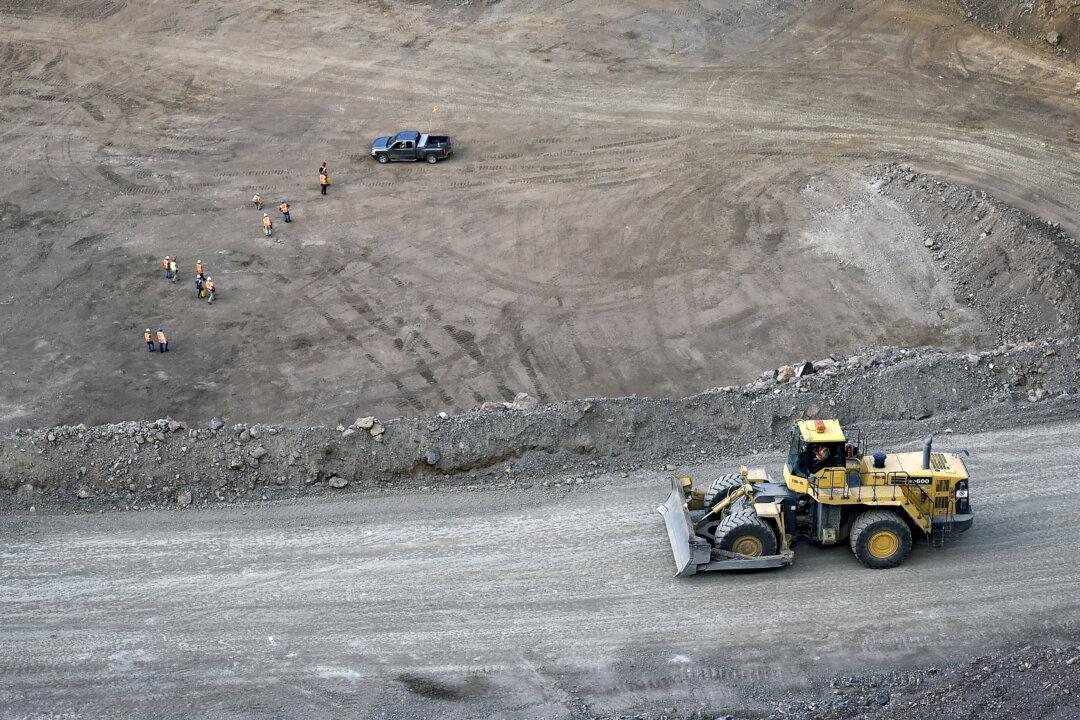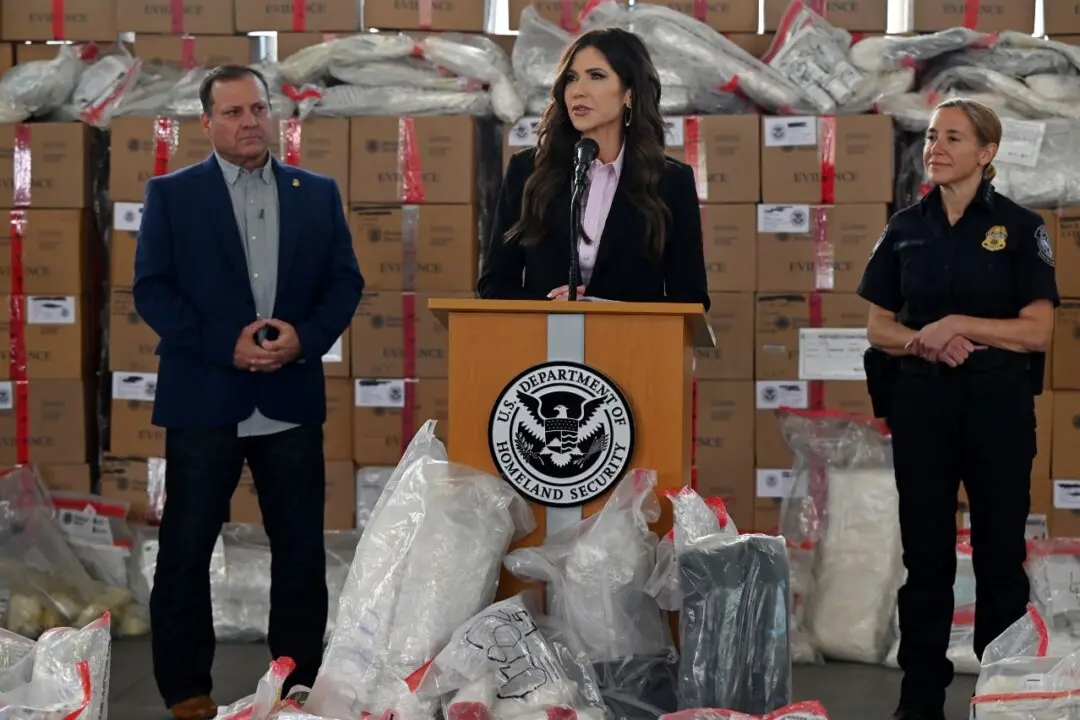California miners have been warning Congress about China’s ever-tightening grip on rare earth minerals needed for national defense for years, and now they’ve taken their message to the White House.
In the last year or so, representatives of Public Lands for the People (PLP), a national mining rights advocacy group based in Southern California, and Scott Harn, editor and publisher of ICMJ’s Prospecting and Mining Journal, have made five trips to Washington, D.C. to meet with lawmakers, their aides, and federal government departments.





